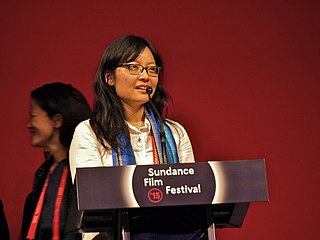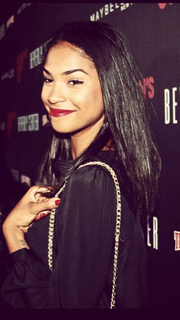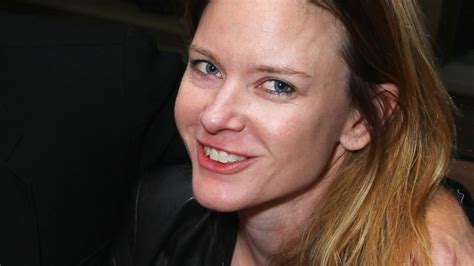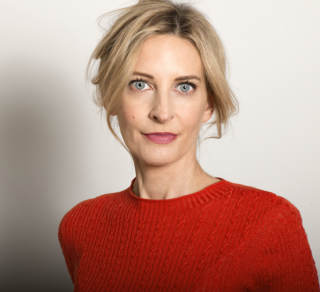A Quote by Eleanor Clift
Looking at female candidates today, other women are the hardest on them, especially older women who were brought up in a different culture.
Related Quotes
There's one logical generational difference and that is that young women will have more chances to support a female president than older women. Older women feel it's their last chance, so that's just a factual, obvious difference. But other than that it depends on experience, on individual experience.
It just struck me as really odd that there were all of these conversations going on about what young women were up to. Were young women having too much sex? Were young women politically apathetic? Are young women socially engaged or not? And whenever these conversations were happening, they were mostly happening by older women and by older feminists. And maybe there would be a younger woman quoted every once in a while, but we weren't really a central part of that conversation. We weren't really being allowed to speak on our own behalf.
There’s a saying in Africa, if you give a woman empowerment, you empower a community, you empower men, you empower man. When women become empowered and live in their strength it’s beneficiary to others, and I think as young women today we sometimes forget that we are standing on the struggle of other women. Those women had to stand up to make a change, and they were not popular, and now we’re making them unpopular again.
There's no such thing as turning back the hands of time, and it makes me crazy that we live in a society where that's sold to women—that we're supposed to believe that if we're getting older, we've failed somehow, that we have failed by not staying young. I wish that women would let other women age gracefully and allow them to get older and know that as we get older, we become wiser.
Gender used to be a barrier for women to overcome if they wanted to be in politics, but today in Taiwan the situation is somewhat different. I think there is even a preference for a woman candidate, and in local elections, we have seen that younger, better-educated female candidates are overwhelmingly preferred by the voters.
Female directors really do need to support each other. Too many times I've been led to believe that my direct competition was other women, as if there can be only a handful of successful female filmmakers a year. That conversation, that perception, needs to change. Women are the people who have helped me make films I love, and I want to be that kind of strength to other women.
For women to be supplying the soldiery with banners, flannel shirts and other material comforts was, superficially, all of a piece with their ministrations to their menfolk at home. Such contributions to the war effort were socially acceptable because they could be seen as an extension into the military sphere of the traditional female virtues of charity, nurture and needlework. Yet in reality what the women were doing represented the thin end of a far more radical wedge. Consciously or not, these female patriots were staking out a civic role for themselves. And many of them relished it.
This is a culture of female display. And the reason it's a culture of female display is that on the Upper East Side women far outnumber men, if you do the sex ratios. I can't say exactly what they are, but you could google it. People have said two to one. So, it's a female display culture because sex ratios are skewed toward men, and they sort of have their choice, even if they're married.... Also, women are economically dependent on men, and so there's that aspect of needing to perform your beauty and your scarcity.

































